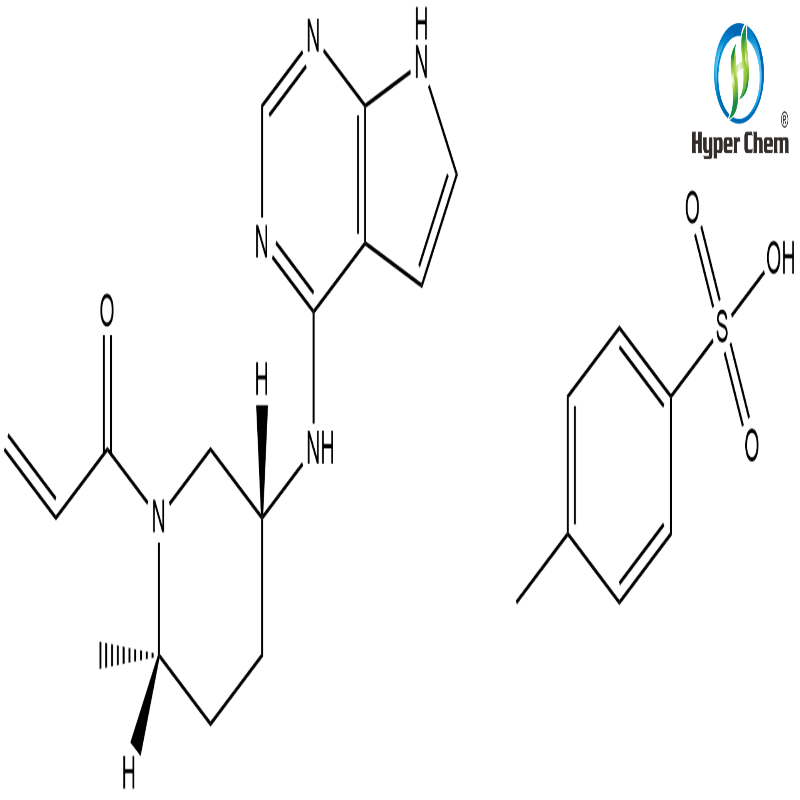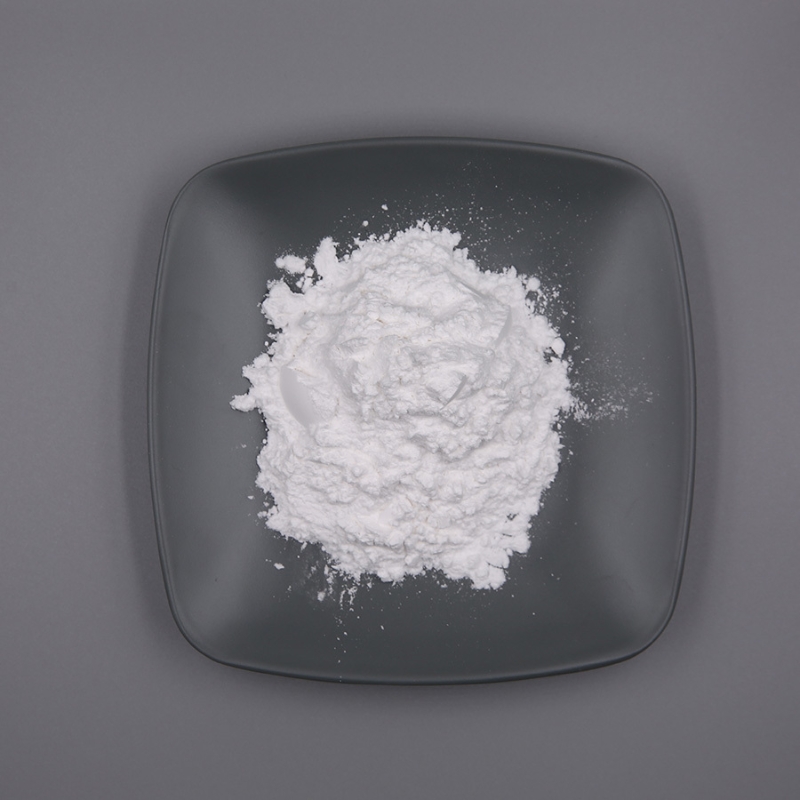-
Categories
-
Pharmaceutical Intermediates
-
Active Pharmaceutical Ingredients
-
Food Additives
- Industrial Coatings
- Agrochemicals
- Dyes and Pigments
- Surfactant
- Flavors and Fragrances
- Chemical Reagents
- Catalyst and Auxiliary
- Natural Products
- Inorganic Chemistry
-
Organic Chemistry
-
Biochemical Engineering
- Analytical Chemistry
-
Cosmetic Ingredient
- Water Treatment Chemical
-
Pharmaceutical Intermediates
Promotion
ECHEMI Mall
Wholesale
Weekly Price
Exhibition
News
-
Trade Service
December 12, 2020 // --- Age-related "wet" macular degeneration (AMD) is one of the most common causes of irreversible vision loss in older adults, which occurs when abnormal and leaking blood vessels (partly due to inflammation) occur in the retina.
recently, a new study by researchers at Massachusetts General Hospital (MGH) sheds new light on the underlying drivers of the disease, which is currently incurable and can be determined by prevention or treatment strategies.
results were published in the journal eLife.
signals of inflammation, between the supplement and the inflammatory small body, promote the formation of abnormal blood vessels, a characteristic of wet AMD, but it is not clear how the path is activated.
(Photo Source: www.pixabay.com) For further study, the researchers conducted experiments in amD mouse models.
results show that the inflammatory gadgets activated by NLRP3 occur mainly in cells called macrophages and small glial cells, rather than in retinal pigment epithrine cells.
also found that proteins other than NLRP3 can also lead to inflammatory body activity and deterioration of wet AMD. Dr Alexander G Marneros, senior author of
, explains: "This means that rather than targeting NLRP3 alone, it is better to block all the inflammatory small body essential proteins needed for its activation, and our findings provide guidance on how to block inflammatory signals in AMD."
" Marneros points out that previous studies in cells have shown that complement activation in turn leads to inflammation of small bodies, but in mice this study found that this activation is largely independent of complement-mediated inflammation.
"Our study in the mouse model defined the cell types that cause inflammatory body-mediated inflammation in AMD and revealed specific roles and contributions of the NLRP3 protein and non-NLRP3-related inflammatory signals," he said.
" 。
In addition to understanding how to regulate inflammatory responses in AMD, the study also showed that when used in combination with treatments that inhibit supplement-mediated inflammation, new therapies that block inflammation-mediated inflammation in inflammatory small bodies can be improved.
treatments that "block both inflammatory pathways" may create synergies in reducing wet AMD symptoms.
, our findings in this mouse model may have important clinical implications for new treatments for this common blinding disease.
" (Bioon .com) Source: New insights about age-mac relatedular degeneration can spur better treatments Original source: Jakob Malsy et al, Distinct effects of the ossin and NLRP3 and non-NLRP3 inflammasomes forroidal neovascular, eLife (2020). DOI: 10.7554/eLife.60194。







